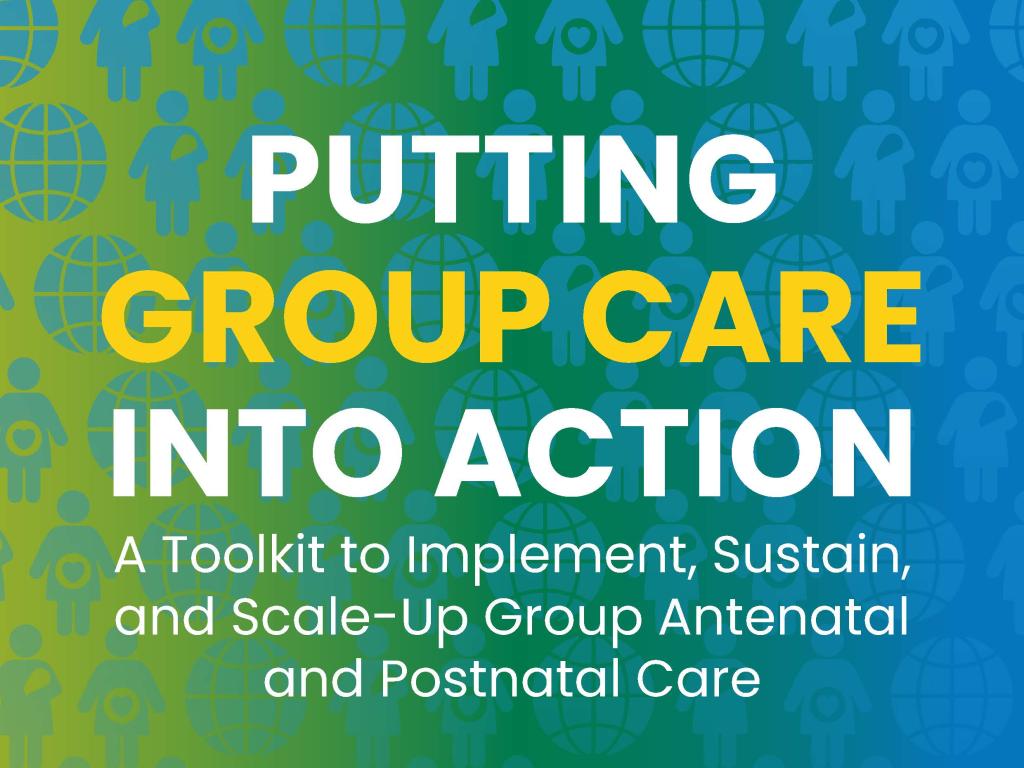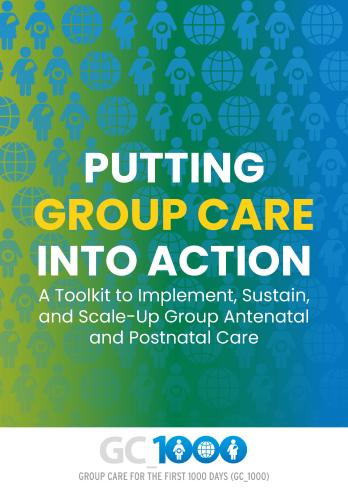Group antenatal care toolkit is recognised as "excellent innovation"


Group antenatal care has been recommended by the World Health Organization, in the context of rigorous research, to promote a positive pregnancy experience that may be offered as an alternative to individual care where there are trained providers and sufficient resources. Through our research, in partnership with a maternity hospital site in Cape Town, we supported the implementation of group antenatal care within routine antenatal care services, and tested, and evaluated the intervention. We sought to determine the acceptability of group-based antenatal care for pregnant women and health care providers, and to understand the feasibility of the approach when integrating it into an existing service platform in a public health facility. We adopted the principles of engaged scholarship – intentionally working in partnership with the hospital to develop and implement the intervention to ensure that we gained direct implementation insights from those delivering and managing services.
We implemented ten groups of six sessions each, with a total of 46 women. Group antenatal care has proven to be acceptable to pregnant women, with benefits including improvements in health literacy and the development of peer support systems that extended beyond their participation in the group. Women felt more comfortable about the birthing process, and healthcare providers enjoyed being able to meaningfully engage with women in a group setting. Supporting factors for effective implementation included a committed hospital site and manager, training of facilitators through experiential learning, a midwife champion, and getting buy-in and support from hospital management.
As part of the overall project, the Children’s Institute served as the lead editors for an implementation toolkit that provides guidance and practice-based lessons on how to prepare for and implement group-based antenatal and postnatal care in other country contexts.
We also contributed to a publication aimed at midwives and health professionals on the implementation results and the lessons learned from all country partners, as well as a policy brief to support countries who seek to test, implement or scale-up group care. In addition, we have shared our knowledge through a podcast series, speaking on our experience of implementing group antenatal care in the South African context.
